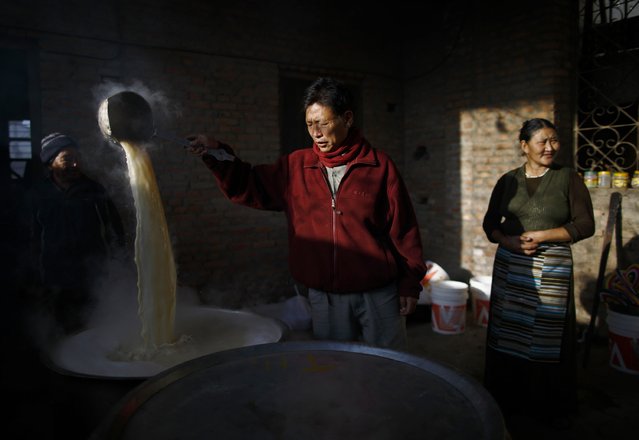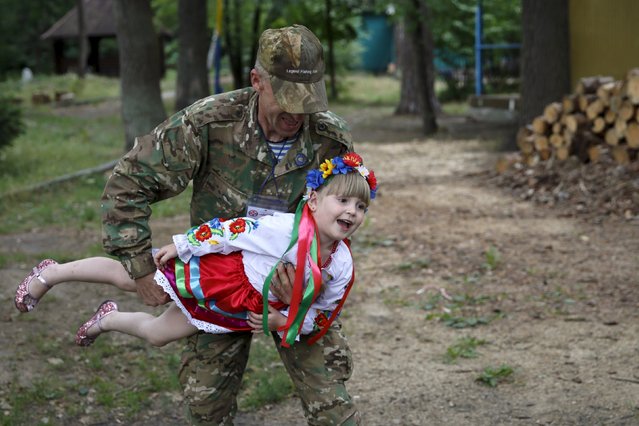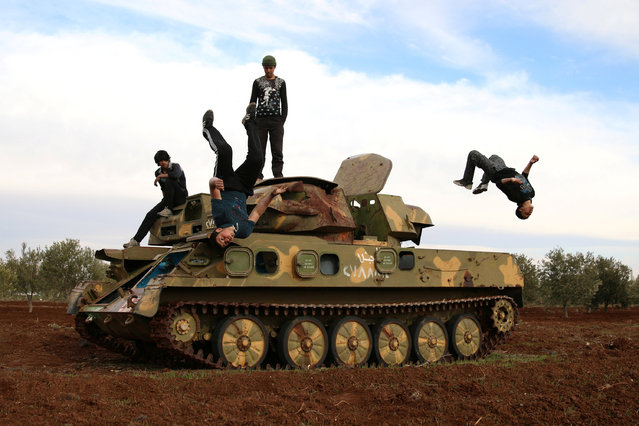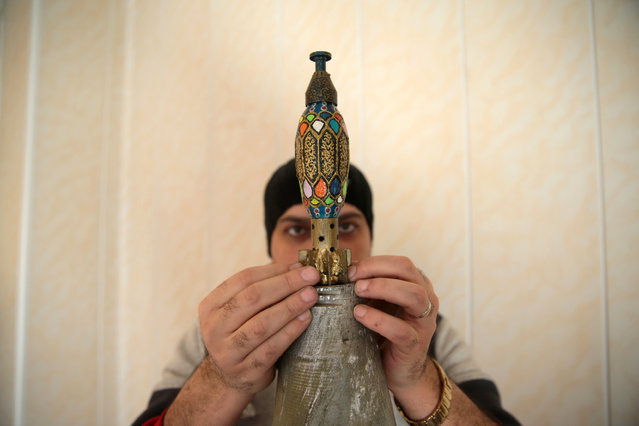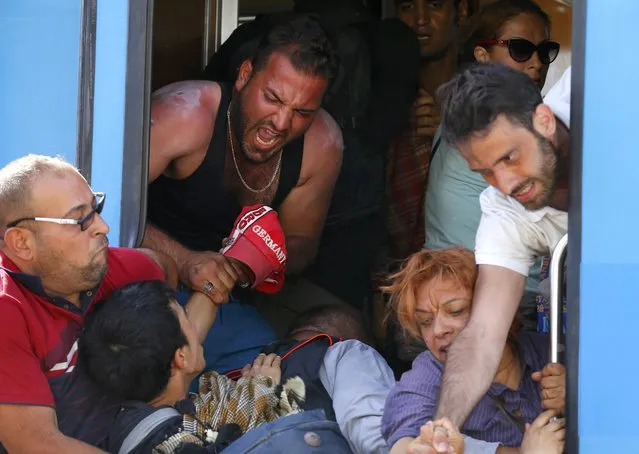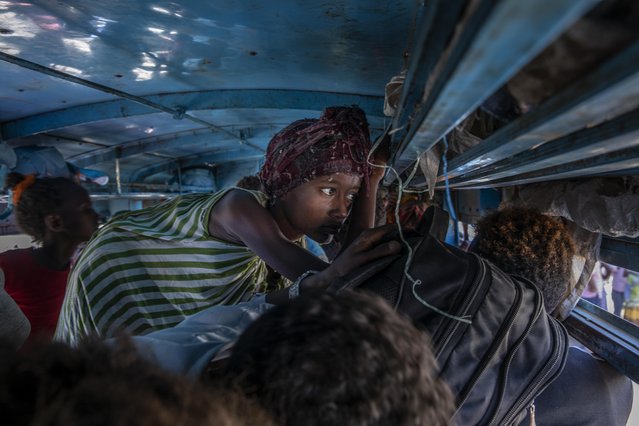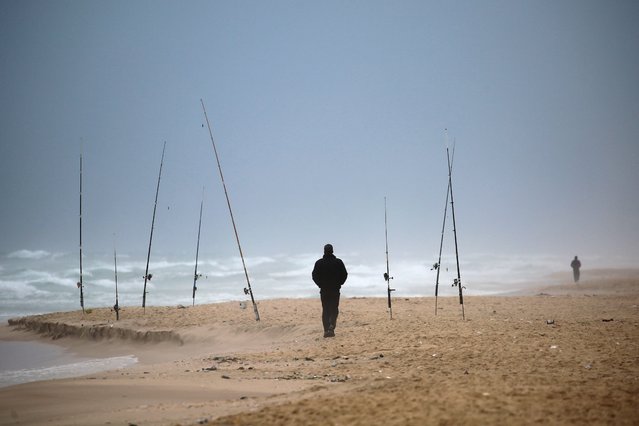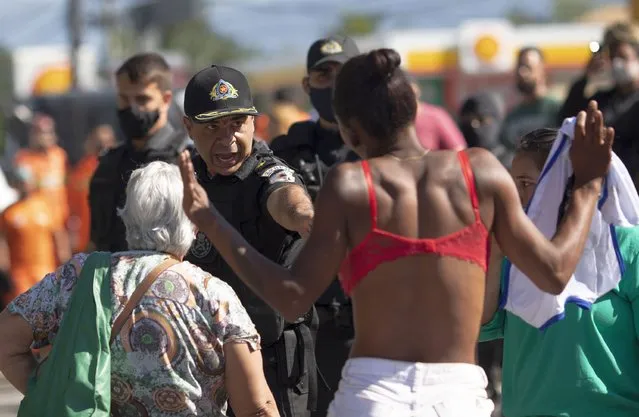
A squatter argues with a police officer during an eviction at a settlement coined the “First of May Refugee Camp”, named for the date people moved on the land designated for a Petrobras refinery, in Itaguai, Rio de Janeiro state, Brazil, Thursday, July 1, 2021, amid the new coronavirus pandemic. (Photo by Silvia Izquierdo/AP Photo)
27 Feb 2022 04:36:00,post received
0 comments

